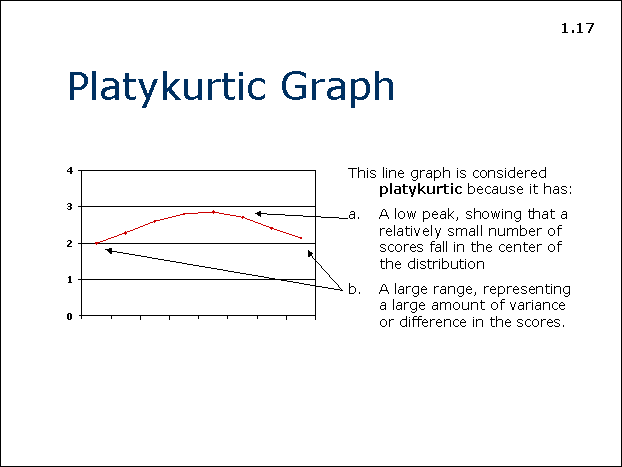Posts by Neil Petersen
One Week of Sedentary Behavior Lowers Life Satisfaction
Recently, a group of researchers decided to try a rather unique health intervention – one designed to decrease people’s life satisfaction. Why would health researchers ever do something like that when they’ve dedicated their work to making people healthier and happier? In this case, the idea was to learn more about the relationship between sedentary…
Read MoreHow Different Are Social Anxiety and Generalized Anxiety?
All non-anxious people are alike, but every anxious person is anxious in their own way – to paraphrase Tolstoy. Two broad kinds of anxiety people can experience are social anxiety and generalized anxiety. Social anxiety disorder, as the name suggests, is a fear of being scrutinized or judged by other people. Generalized anxiety disorder is…
Read MoreIs It Normal for Children to Have Imaginary Friends?
Psychologists have never quite been sure what to make of children with imaginary friends. On one hand, interacting with people who don’t exist has a tendency to set off alarm bells with mental health professionals. On the other hand, “pretend play” is a normal and healthy part of childhood. Most of the research that’s been…
Read MoreHow Low Self-Esteem Plays Out in Social Interactions
We all know that given the choice, we’d all rather have high self-esteem than low self-esteem. But why do we take it for granted that low self-esteem is so bad? In practical terms, how does having low self-esteem impact people’s lives? Recently, a team of researchers from Uruguay set out to answer this question. They…
Read MoreIs Distraction a Healthy Coping Strategy?
It’s tempting to deal with problems by not thinking about them and instead distracting yourself with other activities. But is this a healthy way of coping? That’s not a rhetorical question. It’s a question researchers from Sweden actually posed as the starting point for a recent study, titled (logically enough) Is Distraction an Adaptive or…
Read MoreFinding Meaning Can Protect Against Stress
There’s plenty not to like about stress. The worrying. The tension. The not being able to relax and enjoy yourself. But one of the worst parts of stress might be the sheer pointlessness of it. Stress can attack your basic sense of meaning in life. The other side of this, though, is that having meaning…
Read More5 Psychological Tricks for Influencing People
Psychology research has many applications. Treating mental illness. Improving your quality of life. Getting people to do what you want. One area of study that looks at the latter is research into compliance techniques. Compliance techniques are little tricks that can increase the likelihood of someone doing what you want – doing you a favor,…
Read MoreThe Dangers of Comparing Yourself to Others on Social Media
Social media makes a lot of things easier. Keeping up with old friends. Sharing your vacation pictures. Comparing yourself to other people. It’s that last one that could be causing problems, according to two new studies published in the journal Cyberpsychology, Behavior, and Social Networking. Social networking isn’t inherently bad for people’s mental health, the…
Read MoreCooking and Mental Health
Cooking at home is the best of both worlds, according to new research: it’s healthier and cheaper than eating out! The downside, of course, is that you have to cook. The study asked 437 Seattle-area adults about their eating habits, including how often they ate out and how often they stayed in to cook their…
Read MoreIs “Grima” Its Own Emotion?
You know that special feeling you get when you hear the sound of nails on a chalkboard? In Spanish, it’s called grima. In English, well, we don’t have a word for it. “That feeling you get when you hear the sound of nails on a chalkboard” is pretty much the best we can do. German…
Read More



